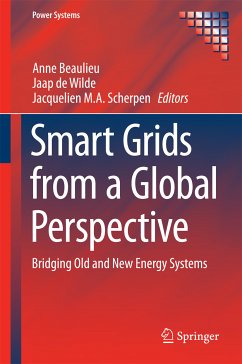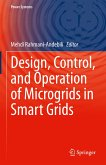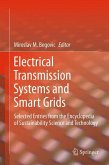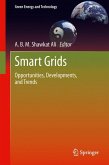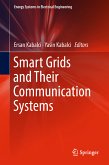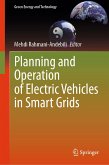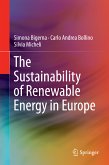Smart grids are a complex phenomenon involving new, active roles for consumers and prosumers, novel social, political and cultural practices, advanced ICT, new markets, security of supply issues, the informational turn in energy, valuation of assets and investments, technological innovation and (de)regulation. Furthermore, smart grids offer new interfaces, in turn creating hybrid fields: with the increasing use of electric vehicles and electric transportation, smart grids represent the crossroads of energy and mobility. While the aim is to achieve more sustainable production, transportation and use of energy, the importance of smart grids actually has less to do with electricity, heat or gas, and far more with transforming the infrastructure needed to deliver energy, as well as the roles of its owners, operators and users. The immediate goal is to contribute positively to a sustainable world society.
The chapters are revised and expanded texts based upon lectures delivered at the Groningen Energy Summer School 2014. Questions for further discussion at the end of each chapter highlight the key themes that emerge.
The book offers an indispensable resource for researchers, professionals and companies in the power supply industry, and for students seeking to broaden and deepen their understanding of smart grids.
Dieser Download kann aus rechtlichen Gründen nur mit Rechnungsadresse in A, B, BG, CY, CZ, D, DK, EW, E, FIN, F, GR, HR, H, IRL, I, LT, L, LR, M, NL, PL, P, R, S, SLO, SK ausgeliefert werden.

